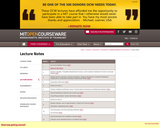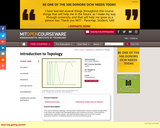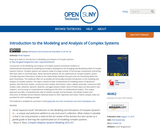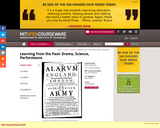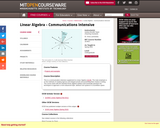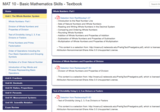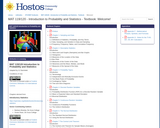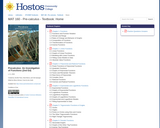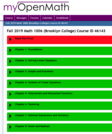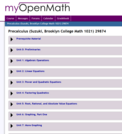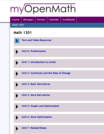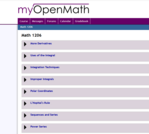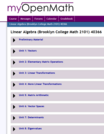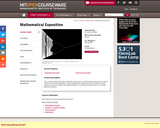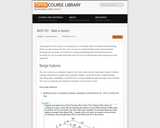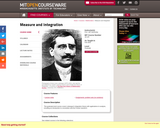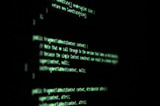
- Brief prerequisite review: loops, methods, menu-driven programs, parallel arrays, array algorithms, file I/O
- Command line: basic Unix commands, command line arguments
- Objects and references: aliases, parameter passing, wrapper classes, auto-boxing and auto-unboxing, String, StringBuilder, BigInteger, BigDecimal
- Classes: instance variables and methods, constructors, encapsulation, static variables and methods, aggregation, UML diagrams, copying objects, enums
- Inheritance: superclasses and subclasses, overriding methods, constructor chaining, polymorphism, dynamic binding, the Object class and its toString and equals meth- ods, abstract classes
- ArraysLists
- Exceptions: try, catch, finally, throwing exceptions, declaring exceptions, exception types (checked vs. unchecked), polymorphism and dynamic binding with exceptions, stack trace, defining custom exception types, try-with-resources
- Interfaces: Comparable, Comparator, lambda expressions
- Collections: Collection, Iterable, Iterator, List, Set, Queue, Deque, Map
- Recursion: tracing recursive code, thinking recursively, mathematical functions, recur- sion involving Strings, recursion involving arrays, recursive helper methods
- If there’s extra time: JavaFX: basic components, event handling, CSS, MVC
- Subject:
- Applied Science
- Computer Science
- Material Type:
- Homework/Assignment
- Reading
- Syllabus
- Provider:
- CUNY
- Provider Set:
- Brooklyn College
- Author:
- Commons Admin
- Moshe Lach
- Date Added:
- 09/27/2023
